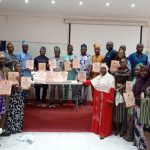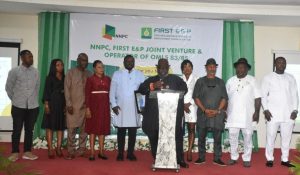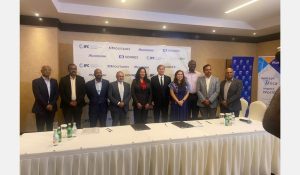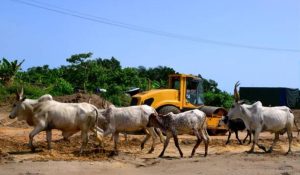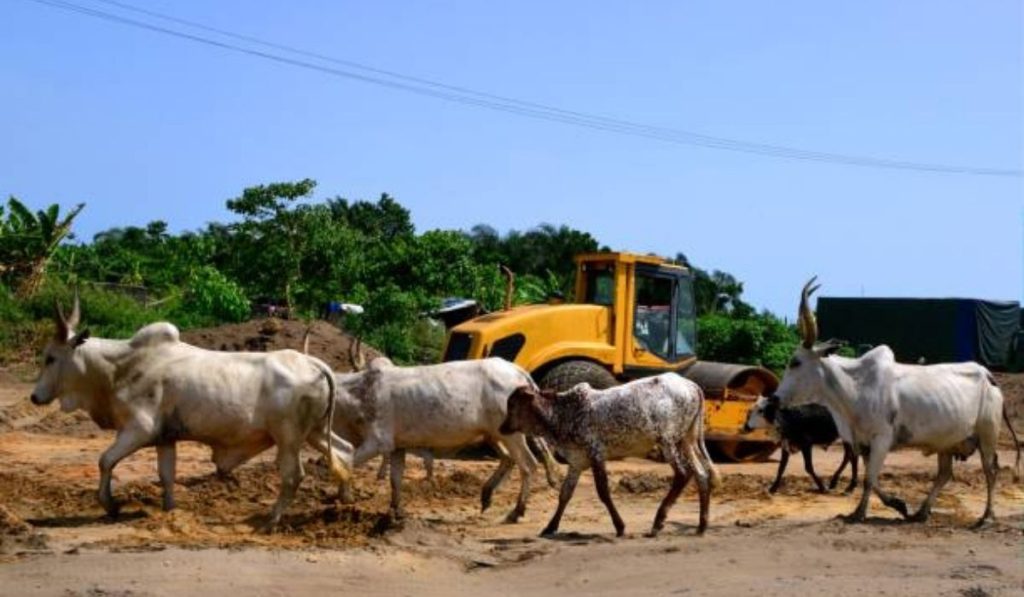
In a significant step towards combating land degradation and enhancing food security in Nigeria, the Agro-Climatic Resilience in Semi-Arid Landscapes (ACReSAL) project has successfully restored 160,000 hectares of degraded land. The initiative was funded by the World Bank. It aims to revitalize agricultural productivity and strengthen climate resilience across 19 northern states and the Federal Capital Territory (FCT).
Cyril Bikom, Agriculture Expert Advisor to the National Project Coordinator of ACReSAL, AbdulHamid Umar, revealed this during an interview in Abuja on Tuesday, February 11, 2025. He emphasized that the project is a multi-sectoral intervention designed to tackle desertification, erosion, deforestation, and unsustainable farming practices.
ACReSAL is a six-year initiative set to run until 2028, with a broader goal of restoring one million hectares of degraded land. The project is structured around four key components:
Dryland Management – Addressing desert encroachment and other forms of land degradation.
Community Climate Resilience – Enhancing adaptive capacity among farmers and local communities.
Institutional Strengthening & Project Management – Building frameworks for sustainable land use.
Contingent Emergency Response – A funding mechanism to support immediate climate-related interventions.
Read also: Poultry Project In Akwa Ibom: BATN Foundation Supports Food Security, Women Empowerment
Beyond land restoration, ACReSAL is also focused on capacity building. Farmers receive training in climate-smart agriculture, ensuring they adopt sustainable farming techniques that boost productivity while conserving the environment.
The World Bank provides financial backing for direct project interventions, while the Federal Government of Nigeria contributes counterpart funding. The project is jointly led by the Federal Ministry of Environment, the Federal Ministry of Agriculture and Food Security, and the Federal Ministry of Water Resources and Sanitation.
Bikom also highlighted the Community Revolving Fund (CRF) as a crucial financial mechanism to support food production. Through this initiative, funds disbursed to farmers are closely monitored to ensure proper utilization and loan recovery.
Furthermore, ACReSAL integrates innovative farming techniques such as intercropping to improve soil fertility. The initiative also supports irrigation through solar-powered boreholes and supplies agricultural inputs to farmers.
In collaboration with the Food and Agriculture Organization (FAO) of the United Nations, ACReSAL is working to secure an additional 350,000 hectares of degraded land for restoration. The project targets 20 strategic catchments and 200 micro-catchments, ensuring comprehensive land management across participating states.
Bikom commended the Federal Government’s commitment to food security, emphasizing that ACReSAL’s interventions are crucial for achieving sustainable agriculture and environmental conservation in Nigeria.
With its far-reaching impact, ACReSAL is poised to transform agricultural landscapes, strengthen rural livelihoods, and contribute significantly to the nation’s food security agenda.





